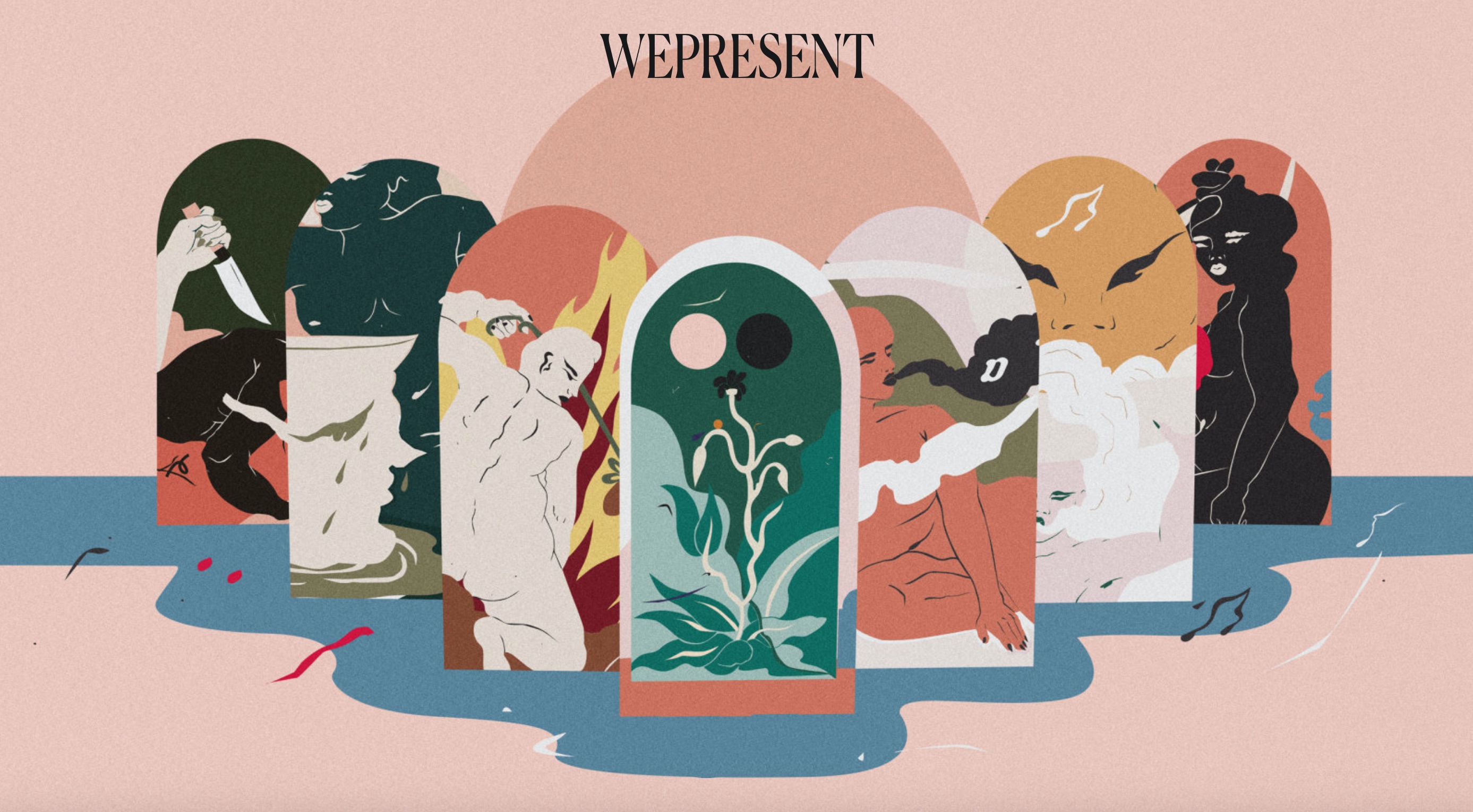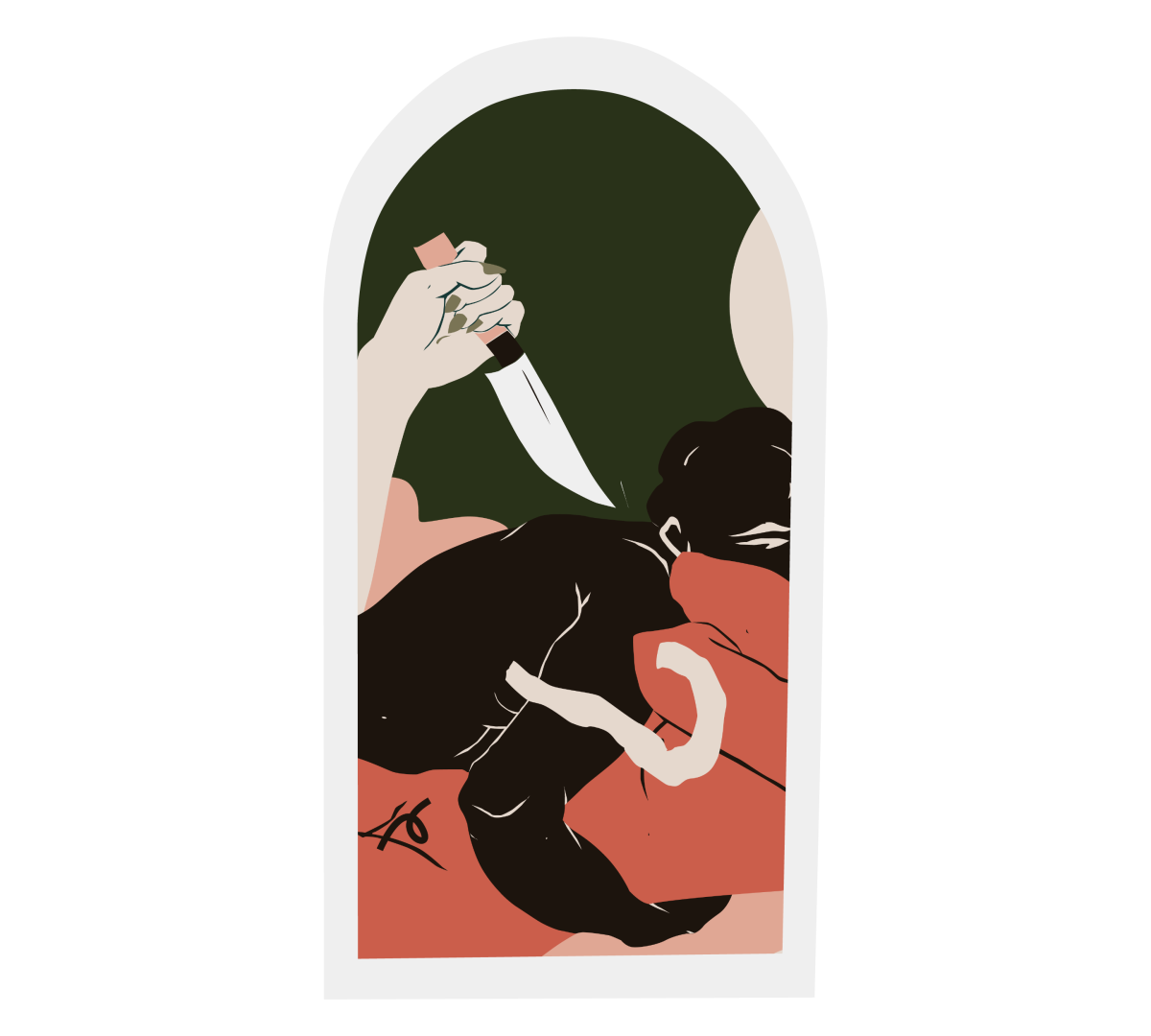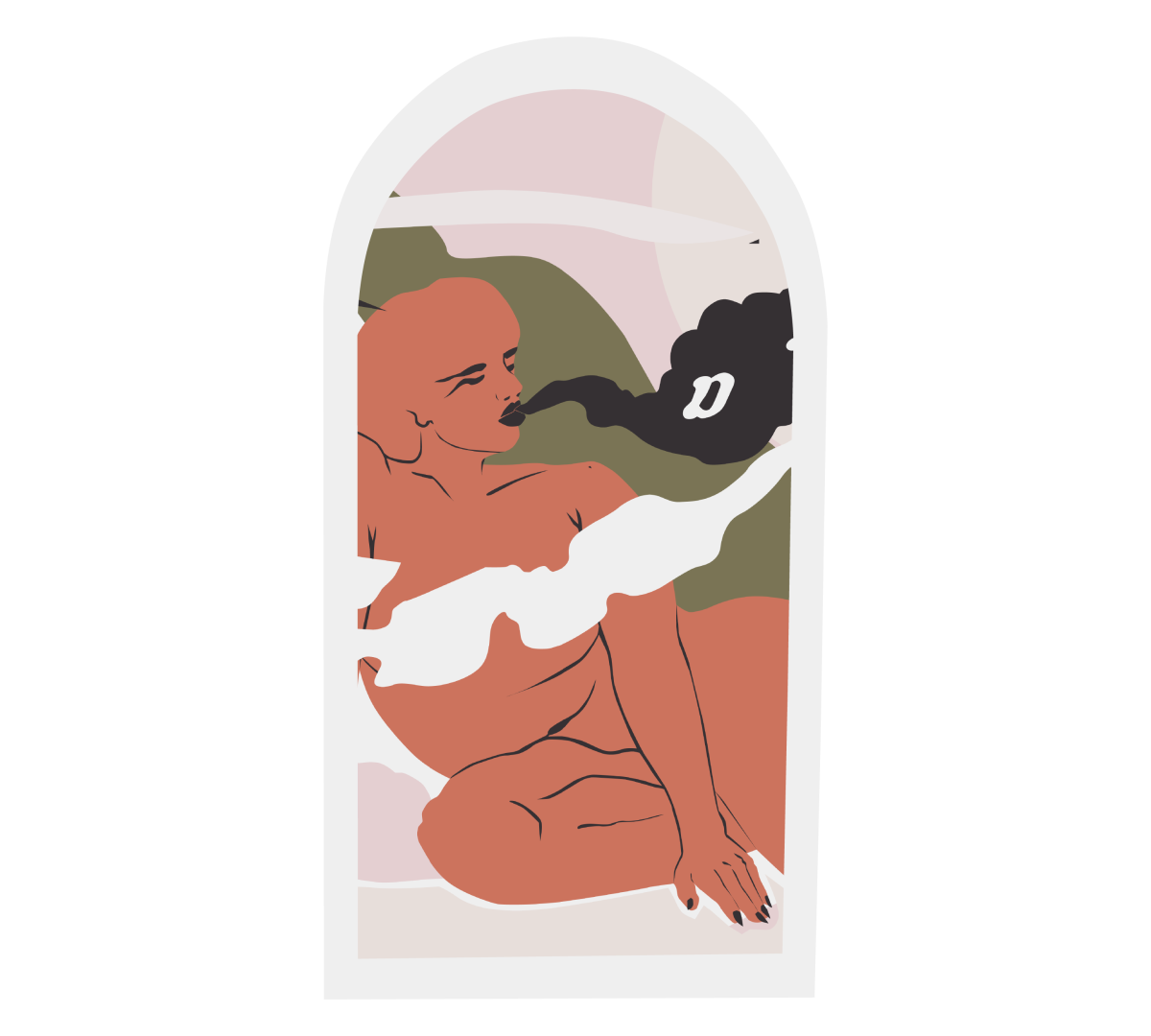Images 003
![]()
![]()
![]()
![]()
![]()
![]()
![]()
![]()








Rule 4: DIALOGUE
~ by Samin Nosrat

Samin Nosrat is a chef, food writer, and TV host. Her James Beard Award-winning cookbook Salt, Fat, Acid, Heat was turned into a Netflix four-part documentary series which she hosts. She’s a regular food columnist for The New York Times Magazine and is working on her second cookbook What to Cook.
Food stopped being only about food just a few years into my cooking career when I really started to see it as a way to connect with people. And the beauty of food as a medium is that everybody eats, everybody has a relationship to food, a very personal relationship.
It’s related to where we come from, our families, what we were fed as children. And there's a lot of our identity that's reflected in it, where our parents come from, and what you like and what you don't like. In the most visceral sense, one of the most intimate things we do every day is eat.
And so it's a wonderful way into conversation with anyone. And I can go very quickly, very deeply, into a personal conversation with somebody in a way that’s difficult with other topics.
I view everything that I do, fundamentally, as storytelling and food is just one of my mediums. And it's a really beautiful one. Honestly, I don't actually care so much about what's on the plate. I care about where it came from. What's the story of the people who grew this? Where did the seeds come from? How far did these ingredients have to travel? What's the story of this Parmesan cheese that met all the necessary rules to be called Parmesan? You know there are so many rules to making proper Parmesan that the dairy must follow, for example, the time of day that the cows are milked, the time of day that the milk is stirred.
Those are all stories. And so for me, if I can get you on a visceral, sensual level by getting you to taste something, I feel very moved by that. Then you ask me “What's that?” And that little question allows me to tell you the whole story of how this food happened. Can I use food to share a story about identity or immigration or grief or joy? There's always a way.
And in another way, the ingredients of a dish are in dialogue with each other, too. As a young cook when it was dawning on me that these four elements – salt, fat, acid, and heat – are the four basic universal elements of good cooking, I started to see that day after day in the kitchen, no matter what we were cooking, that these were the points on our compass. They were always in conversation with each other. They all affect each other.
They exist in such synergy, if you just have your fat right, your food's not going to taste good. All four have to be right and they affect and relate to one another the whole time you're cooking and the whole time you're eating. It's sort of like music. You can't start by learning “music,” right? You have to start by learning the notes. You can't just all of a sudden know how to put together all the beautiful chords into a beautiful song. But once you have the individual notes down, you can make anything, you know? Those notes are the salt and the fat and the acid and the heat.
Each one of them plays a really important role in cooking. And they are individually really important and necessary to understand and to be able to use. But also, knowing how they relate to one another makes a really big difference.
Once you have these four things, they can lead you to something that’s just wonderful. But you do need to know how they work and you need to know how they interact. Say if your taco is a little bit too rich, you would squeeze some lime on top, right? To balance out and brighten. That’s a way they speak to one another. But you can't understand that until you understand what each of them does.
Interview and edit by Erin Ruffin
Illustrations by Melissa Jarram